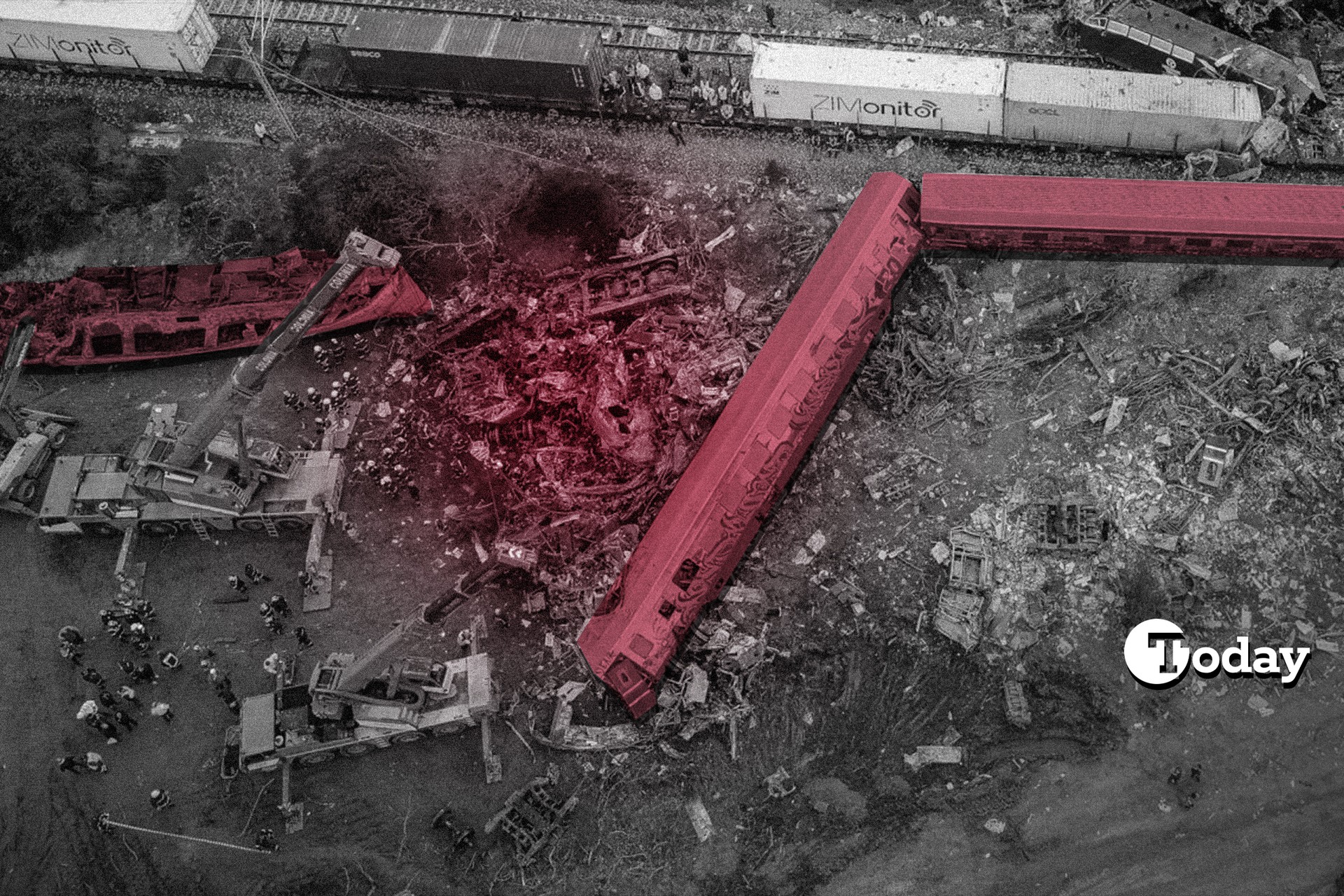
Nearly two years after the catastrophic train accident at Tempi, Greece, which claimed the lives of 57 people on Feb. 28, 2023, the case remains a symbol of systemic failures, judicial controversy, and unyielding public outcry.
The train accident in Greece, caused by the collision of a passenger train and a freight train, has ignited ongoing protests, with victims' families and activists demanding full accountability.
However, as new evidence surfaces and legal proceedings unfold, deep mistrust persists over whether justice is truly being served.
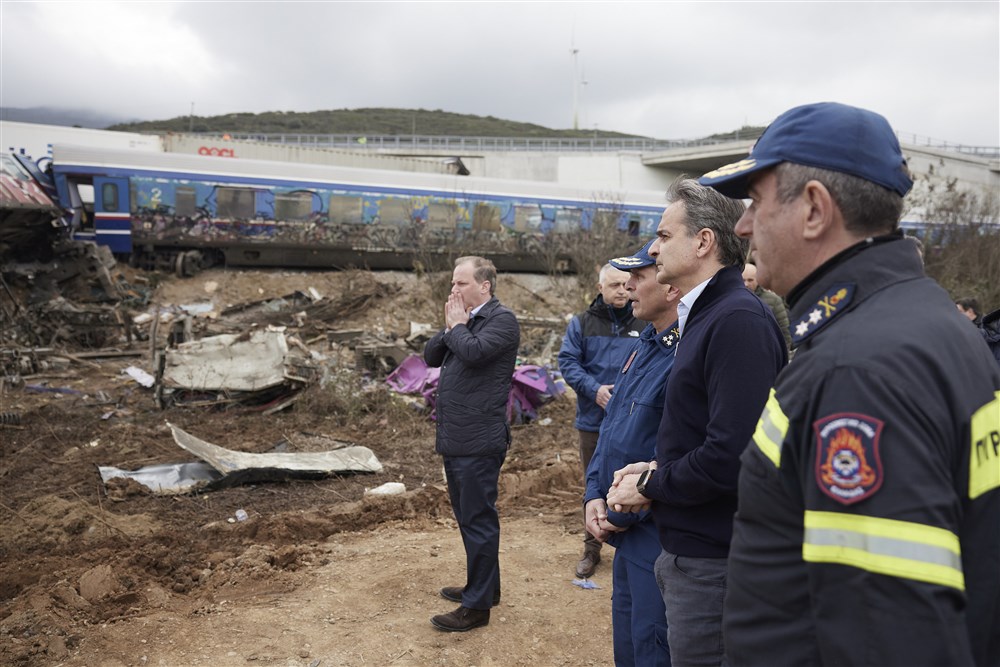
A major development in the case came with the emergence of three new video recordings, purportedly showing the freight train 63503 involved in the accident.
However, some forensic analysts and victim advocates remain unconvinced, suspecting that undeclared hazardous materials may have been present at the train accident in Greece.
Technical expert Kostas Lakafosis, appointed by victims' families, has cast doubt on the integrity of certain photographic evidence included in the case file.
He alleges that an electrical cable was deliberately placed next to the transformer of the passenger train to support the official theory that the explosion was caused by transformer oil.
Instead, Lakafosis argues that the explosion was more likely triggered by an undeclared flammable substance on the freight train, a claim partially supported by forensic analysis.
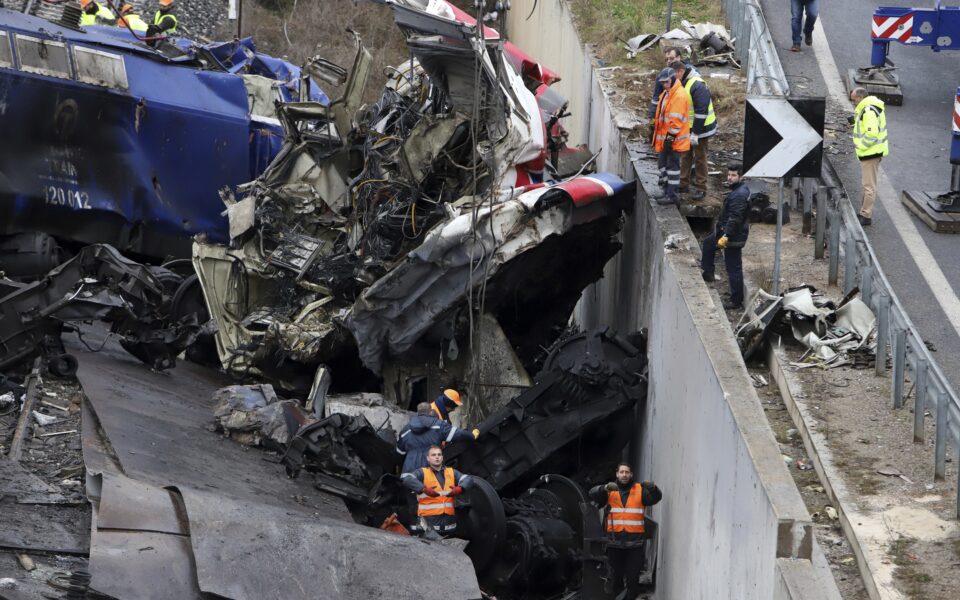
Growing skepticism surrounds the conduct of the judiciary as the legal battle following the train accident in Greece continues.
Key issues include:
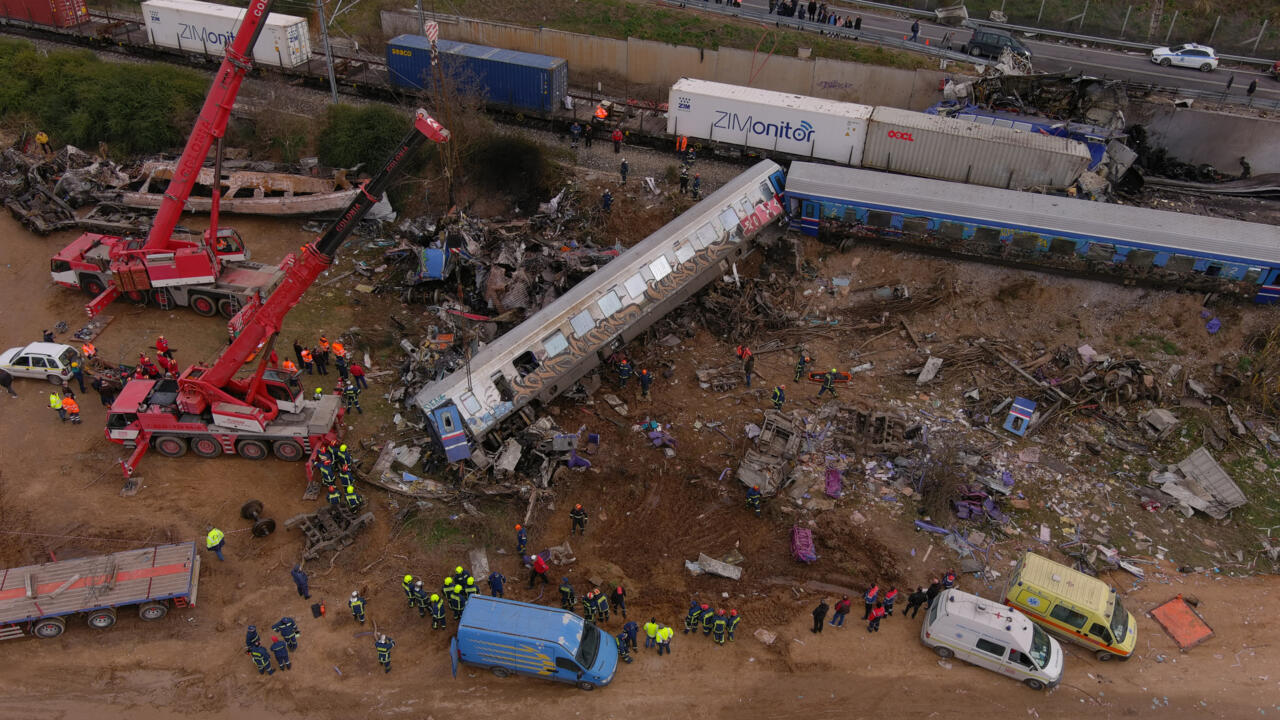
The Tempi disaster remains a defining issue in Greek politics, fueling widespread public anger. Nationwide protests, often led by victims' families, have drawn tens of thousands of demonstrators demanding systemic reforms and political accountability.
On Feb. 28, 2025, the second anniversary of the tragedy, another major demonstration is planned to stress the enduring impact of the disaster.
The Greek government's response to the tragic train accident in Greece has been widely criticized. Despite multiple resignations and parliamentary inquiries, many victims' families believe that high-ranking political figures responsible for railway safety failures have evaded consequences.
Prominent activist Nikos Plakias, who lost two daughters and a niece in the crash, has named three ministers and four deputy ministers as key figures who should face prosecution. According to Plakias, unless senior officials are held accountable, the legal proceedings will be nothing more than a cover-up.
Further controversy arose when the resignation of Deputy Minister Christos Triantopoulos was announced following opposition pressure. While some viewed this as a step toward accountability, others dismissed it as a political maneuver designed to shield more powerful figures from scrutiny.
The parliamentary inquiry into the accident has also been met with skepticism, with many considering it a performative exercise rather than a genuine effort to expose wrongdoing.
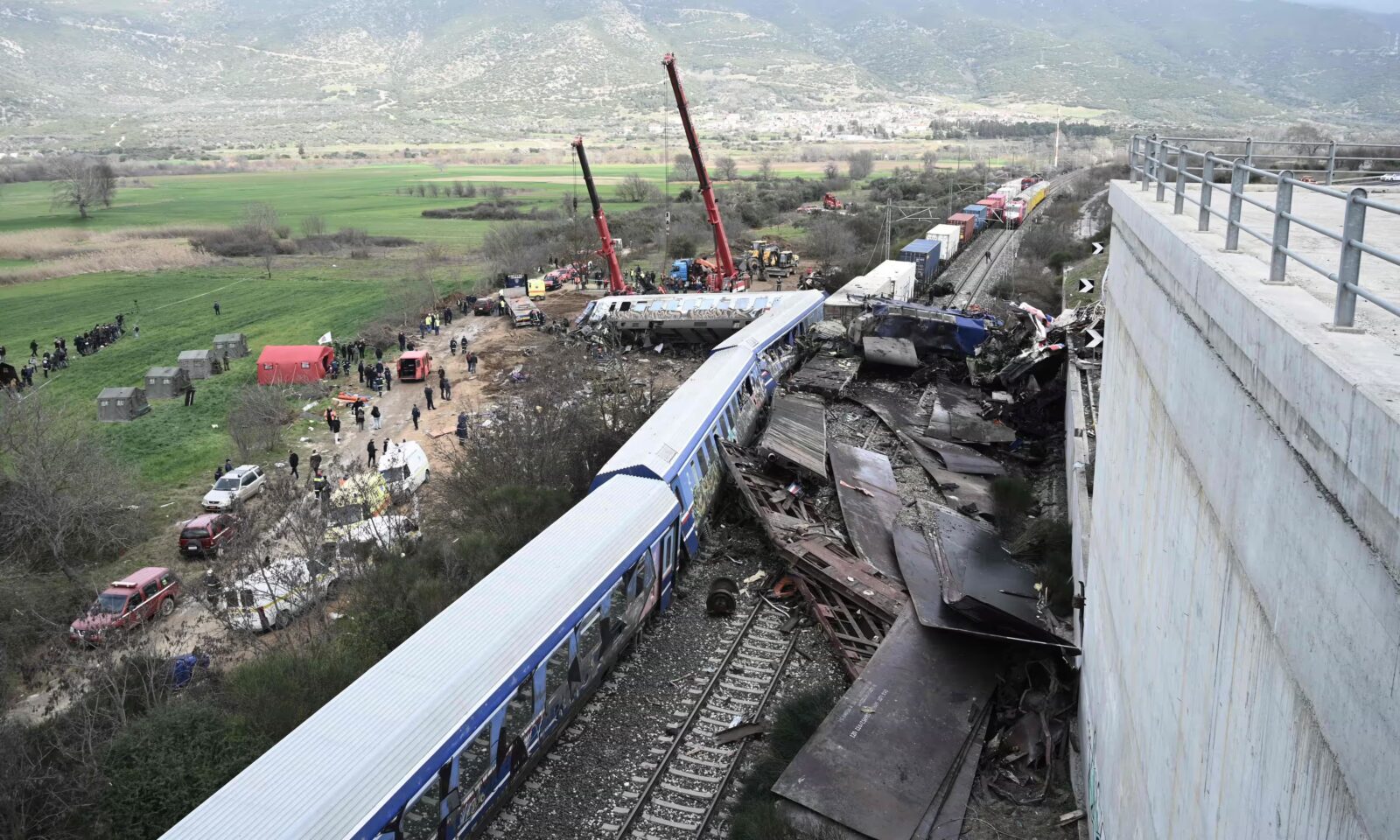
With the release of the EODASAAM report looming, the stakes in the Tempi case are higher than ever.
Key unresolved questions include the authenticity of the newly surfaced footage, the fate of the missing files, and the political accountability of senior officials following the train accident in Greece.
Meanwhile, victims' families continue their relentless pursuit of justice, determined to ensure that the tragedy does not fade into history as yet another case of institutional negligence left unpunished.
For many, the fight for justice is not just about the past but about preventing another disaster. The fundamental failures that led to the Tempi crash—lack of safety measures, underfunded infrastructure, and political indifference—remain largely unaddressed.